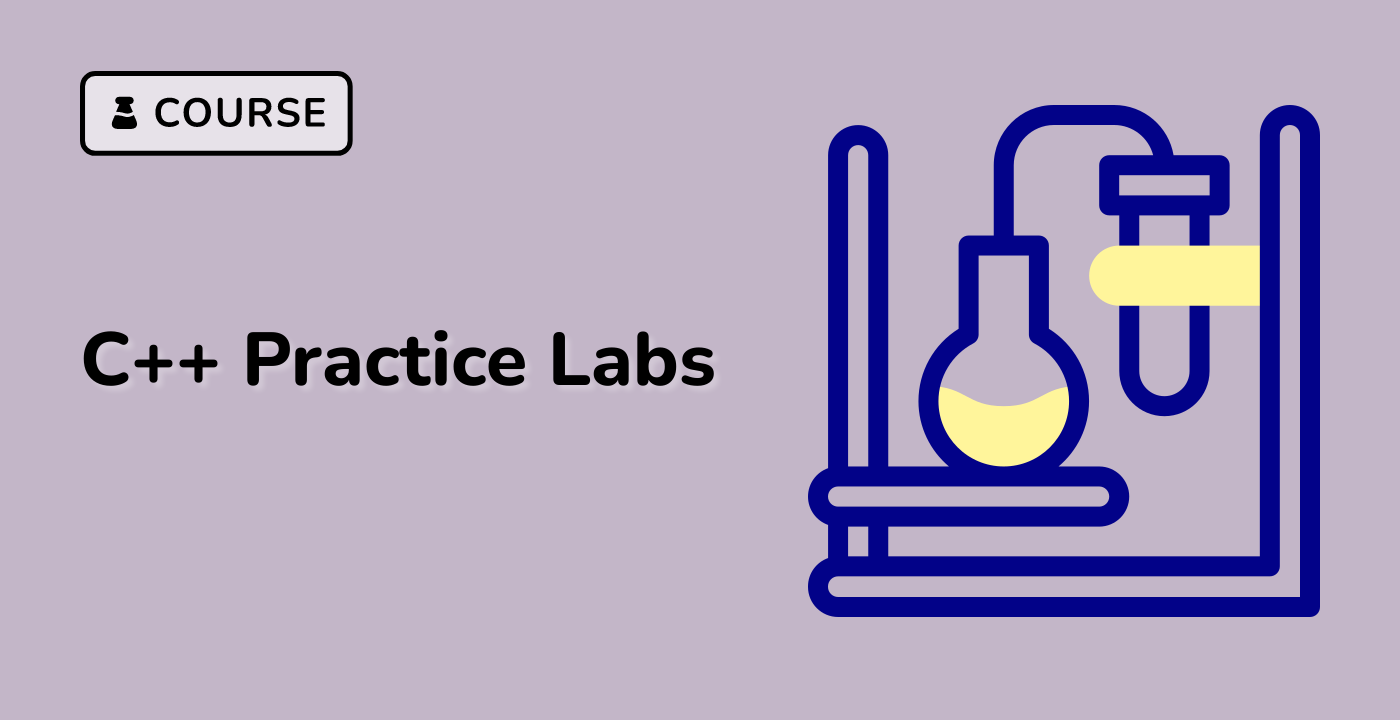Common Pitfalls Detection
Identifying Potential Operator Misuse
Detecting and preventing invalid operator usage is crucial for writing robust C++ code. This section explores common pitfalls and strategies for identification.
Detection Strategies
graph TD
A[Pitfall Detection] --> B[Compile-Time Checks]
A --> C[Runtime Validation]
A --> D[Static Analysis Tools]
Compile-Time Pitfalls
Type Conversion Warnings
int x = 10;
double y = 5.5;
// Potential precision loss warning
int z = x + y; // Compiler may generate warning
Runtime Validation Techniques
Overflow and Underflow Detection
#include <limits>
#include <stdexcept>
int safeMultiply(int a, int b) {
if (a > 0 && b > 0 && a > (std::numeric_limits<int>::max() / b)) {
throw std::overflow_error("Multiplication would cause overflow");
}
return a * b;
}
Common Operator Misuse Patterns
| Pitfall Category |
Description |
Example |
| Type Mismatch |
Incompatible operator usage |
std::string + int |
| Undefined Behavior |
Operations leading to unpredictable results |
Division by zero |
| Implicit Conversions |
Unexpected type transformations |
double to int truncation |
Advanced Detection Mechanisms
- Clang Static Analyzer
- Cppcheck
- PVS-Studio
Compiler Warnings
Enable comprehensive compiler warnings:
g++ -Wall -Wextra -Werror your_code.cpp
class Resource {
public:
Resource* operator&() {
// Potentially dangerous custom address-of operator
return nullptr;
}
};
Pointer Arithmetic Risks
int arr[5] = {1, 2, 3, 4, 5};
int* ptr = arr;
ptr += 10; // Undefined behavior - out of bounds access
LabEx Recommendation
At LabEx, we emphasize proactive error detection through:
- Comprehensive testing
- Static code analysis
- Careful operator implementation
Practical Detection Approach
template<typename T>
T safeDivide(T numerator, T denominator) {
if (denominator == 0) {
throw std::invalid_argument("Division by zero");
}
return numerator / denominator;
}
Conclusion
Effective pitfall detection requires a multi-layered approach combining:
- Compile-time checks
- Runtime validations
- Static analysis tools
- Careful coding practices
By understanding and implementing these strategies, developers can significantly reduce operator-related errors in C++ applications.




